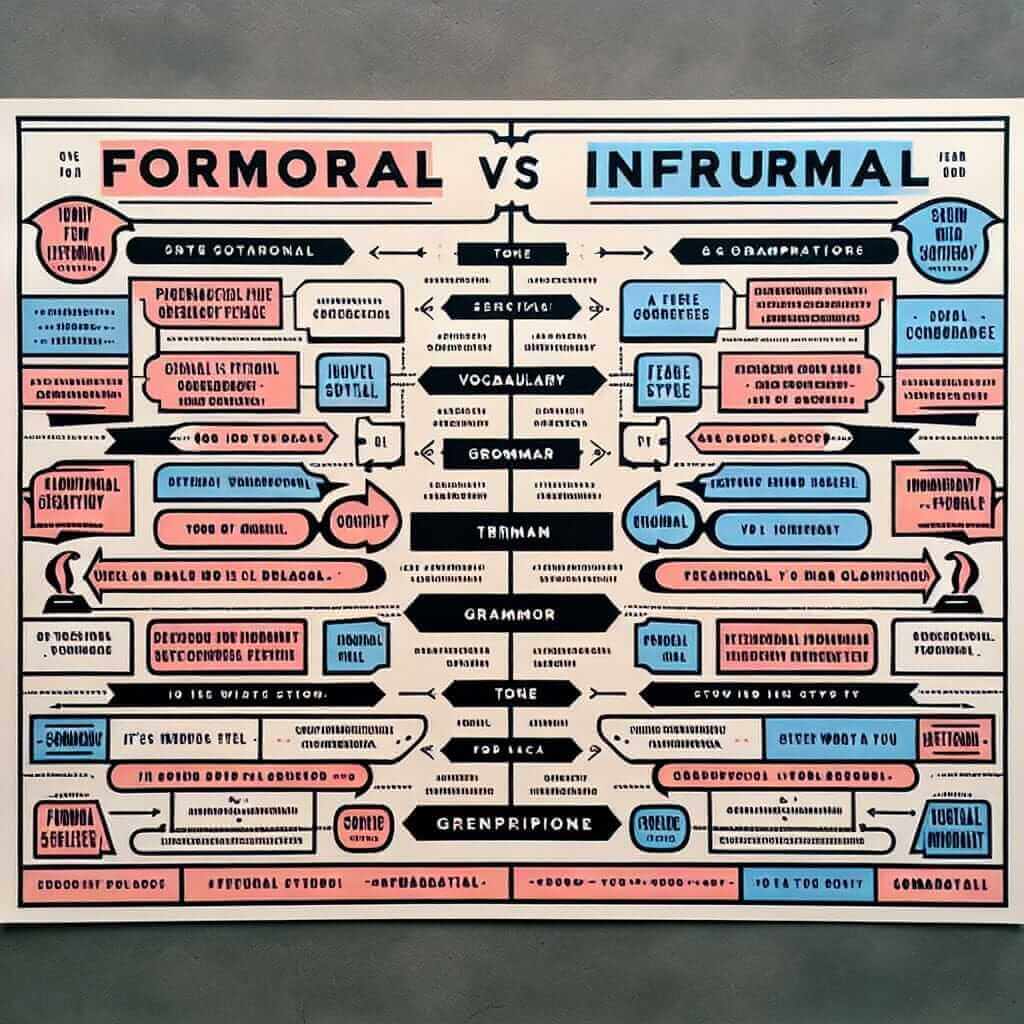As an IELTS instructor with over 20 years of experience, I often encounter students wondering about the appropriateness of informal language in the IELTS Writing test. While it’s tempting to write in a casual, conversational tone, it’s crucial to understand the specific requirements of the IELTS exam to achieve a high score.
Understanding the Importance of Formal Language in IELTS Writing
The IELTS Writing test assesses your ability to produce formal, academic writing. This means using a register that is appropriate for an educated audience and avoids slang, colloquialisms, and overly casual expressions.
Using informal language can negatively impact your score in several ways:
- Reduced Lexical Resource Score: Examiners look for a wide range of vocabulary used accurately and appropriately. Informal language can limit your vocabulary choices.
- Lower Grammatical Range and Accuracy Score: Informal writing often relies on simpler sentence structures and may contain grammatical errors common in spoken language.
- Negative Impact on Coherence and Cohesion: Formal language contributes to a clear and logical flow of ideas, which is essential for achieving a high score.
Formal vs. Informal Language: Key Differences
Understanding the distinctions between formal and informal language is crucial for IELTS Writing success. Here’s a table highlighting some key differences:
| Feature | Formal Language | Informal Language |
|---|---|---|
| Vocabulary | Sophisticated, academic, avoids slang and idioms | Colloquialisms, slang, everyday words |
| Grammar | Complex sentences, passive voice, perfect tenses | Simple sentences, contractions |
| Tone | Objective, impersonal, respectful | Subjective, personal, conversational |

Examples of Informal Language to Avoid in IELTS Writing
Let’s examine some specific examples to solidify your understanding:
Informal: “Lots of people are worried about climate change.”
Formal: “Climate change is a pressing concern for a significant portion of the global population.”
Informal: “The government should totally ban plastic bags.”
Formal: “It is imperative that governments implement comprehensive bans on single-use plastic bags.”
Informal: “That’s a really good idea!”
Formal: “That is a highly commendable suggestion.”
Tips for Maintaining a Formal Tone in IELTS Writing
- Enrich Your Vocabulary: Study academic texts and familiarize yourself with formal synonyms for common words.
- Practice Writing Complex Sentences: Use a variety of grammatical structures, including compound and complex sentences.
- Avoid Contractions and Slang: Write out full words (e.g., “cannot” instead of “can’t”) and use formal vocabulary.
- Maintain Objectivity: Present information in a neutral and unbiased manner, avoiding personal opinions or beliefs.
- Proofread Carefully: Review your writing for any instances of informal language and replace them with more formal equivalents.
Conclusion
Mastering the art of formal writing is essential for achieving success in the IELTS Writing test. By consistently using appropriate language, you can demonstrate your command of English and significantly enhance your chances of attaining your desired score. Remember, practice makes perfect!